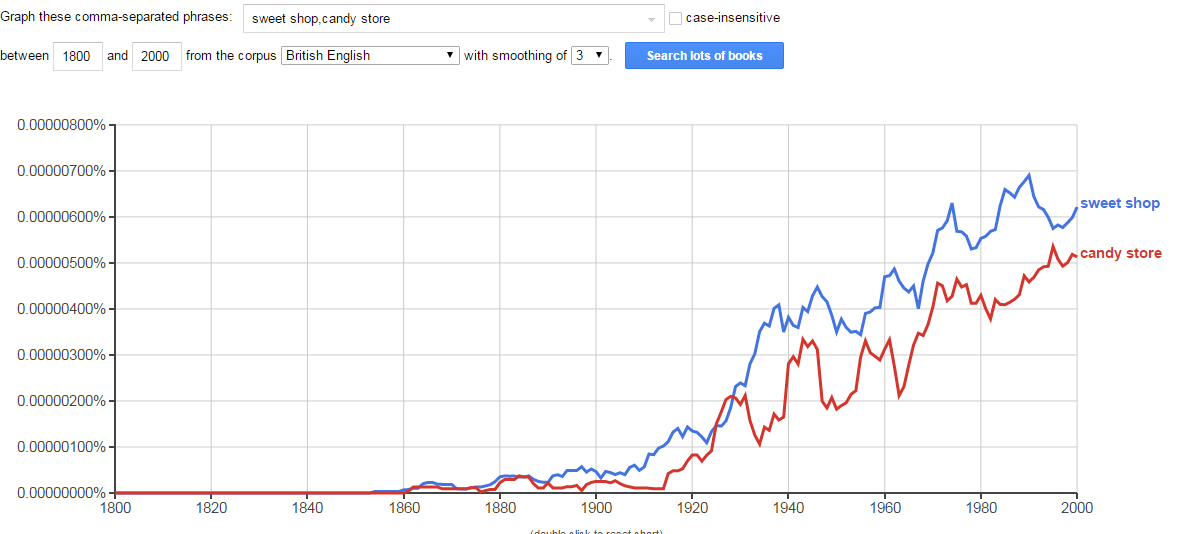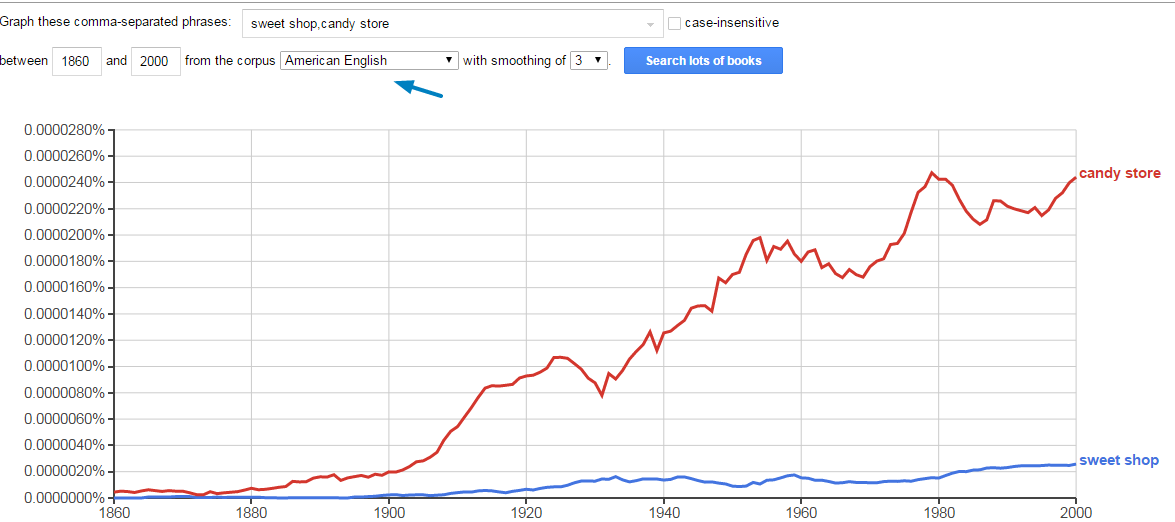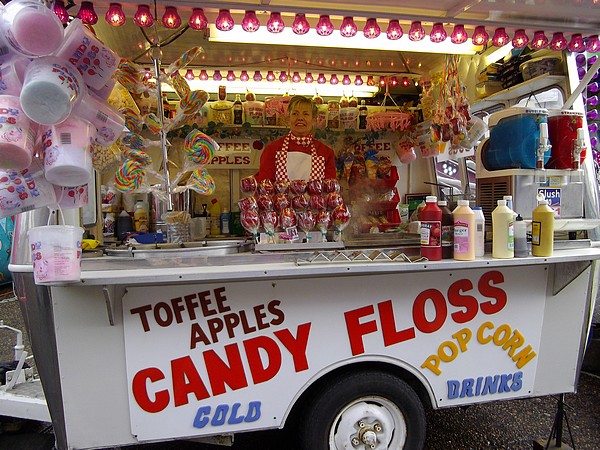In UK, do you say, or used to say, 'candy' to mean 'boiled sweet'(Br) = 'hard candy'(Am)?
I found this definition on some dictionaries, but except Pocket Oxford, they're all British and rather old (up to 1974), but I can't find it on modern dictionaries.
Dictionaries with "candy" as "boiled sweet":
1911 Century Dictionary online; The concise Oxford dictionary, 1964; Collins modern English dictionary, 1974; The pocket Oxford dictionary, 1992.
EDIT: below is added after the comments by @Unrelated, @Clare and the answer by @Laurel.
This definition is also given in Merriam-Webster, which is American. (OTOH MW says "sweet" can mean "hard candy" in UK, which I've never seen anywhere else.)
Dictionaries (and other usages) without this definition:
- Oxford learner's dictionary, Longman dictionary, Collins cobuild, Cambridge, Macmillan
- They all have the entry "boiled sweet".
- Neither these online dictionaries (not so much trustworthy, I think): dictonary.com, the free dictionary
- Wikipedia' page candy does not say the bare word "candy" means "hard candy", though it does not prove anything.
- But in its talk page, a user says that Br "candy" means "rock candy" in N.Am.
- The search result at amazon.co.uk for the word "candy" shows sweets/candies in general.



